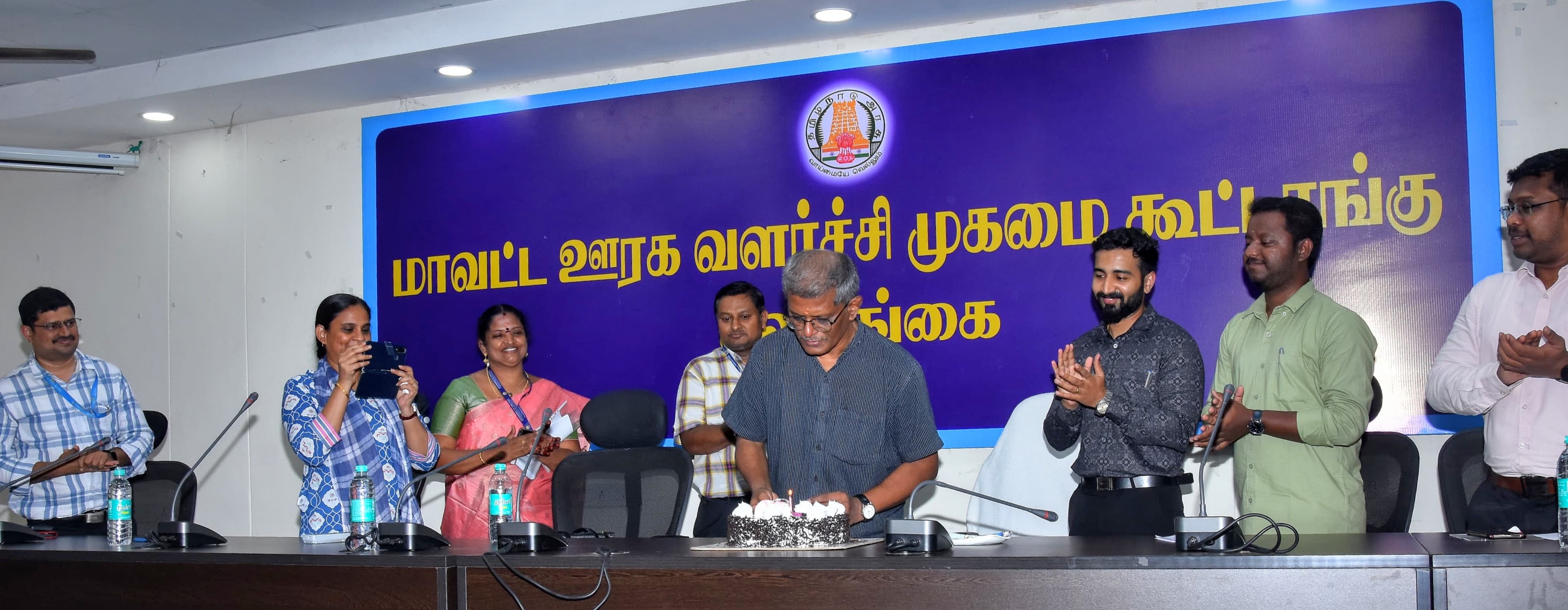Would you believe me if I told you that a government in India recognized over 1000 practitioners of various vocations from the unorganized sector as primary educators for a major skill development programme?
That they between them organized over 2500 community based skill school and trained over 51,000 village youth in over 75 diverse areas of skill, and a majority of them being women?
Even better, that over 79% of such skill upgraded youth were either successfully placed or became self-employed (nearly 25,000 started their own ventures)?
And more than 250 new enterprises were created by students that grouped together during the training which employed even more people in the villages and nearly 450 of them accessed higher order loan from financial institution to build / grow their enterprises?
This is what the skill development component of the Vazhndhu Kattuvom Thittam of Tamil Nadu government has accomplished under the Community Skill School (CSS). You can read more about the model and its accomplishments in the project website here. I have been associated as a Senior Specialist from the World Bank side with the project since last 5 years and it has been deeply satisfying to steer and coordinate this component through planning, trouble shooting, periodic reviews and field visits.
It was a great moment of satisfaction to be sitting in a meeting listening to the amazing trainers from across the state interact with the highest officials in the government and in the process convince them to scale up the CSS across the entire state (the Vazhndhu Kattuvom project is restricted to 125 blocks of the State), which was announced in the state budget of 2024.
It gets even better if one were to consider how the knowledge holders of the informal sector have been integrated into the mainstream fold of the government training programmes as a trainer through a process called Recognizing Prior Learning (RPL), over 700 trainers have so far been thus recognized.
Tamil Nadu over a period of the last 4 decades has created 34 unorganized sector welfare boards - perhaps the highest in the country - providing social security to the unorganized sector workers. Over 7000 of the CSS trainers and trainees have been successfully enrolled into these welfare boards to ensure that they get to access social security including, accident insurance, old age pension and children's education coverage.

Just to compare, --
while the incubation centres of IITs struggle to sustain single digit of the enterprises they have launched, bulk of these village nano and micro enterprises have not merely sustained, but grown.
in terms of cost per trainee, it is 1/5th of the flagship skill development project of the Government of India and delivering several times more impact
No other skill development programme anywhere in India has the kind of success rate, either nationally or at the state level. The CSS today is seen as a low cost skill development model globally. The World Bank had also featured CSS in their website, you can read the same by clicking here. (Yes part of the story was written by myself as you can see in the credits at the bottom).
Over 1000 practitioners of various kinds of traditional and modern vocations at various levels in the villages have been not merely recognized for their knowledge by the State,but, given an opportunity to impact their immediate village society through youth skill development and gain dignity for their knowledge and vocation. To me this is the biggest qualitative impact of the CSS initiative.